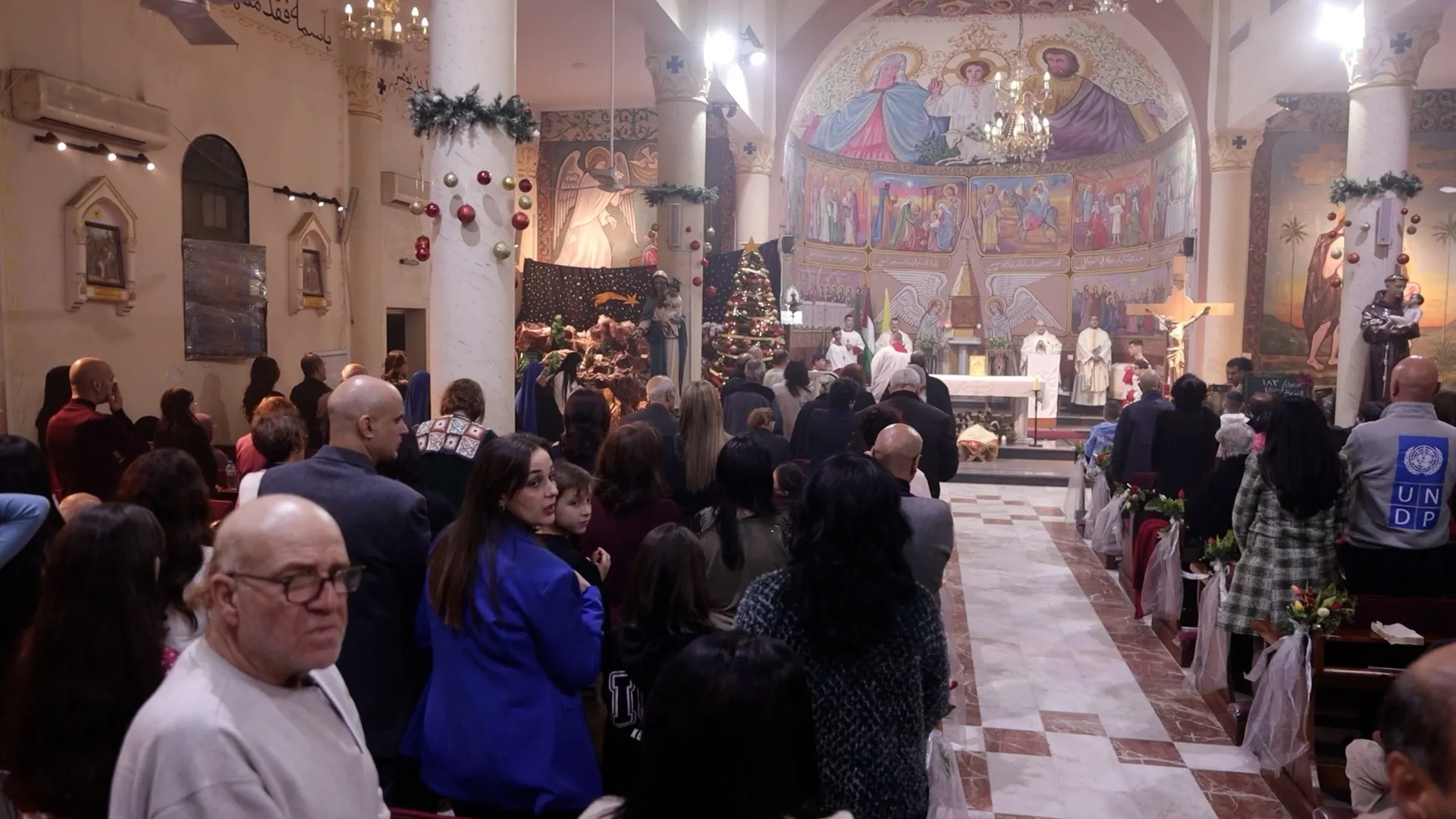Video: Gaza’s Christians mark first Christmas since fragile ceasefire deal | Religion
Gaza’s Christians reflected on the loss they’ve experienced after two years of Israel’s devastating war, as Palestinians marked the first Christmas since the fragile ceasefire deal.
Published On 25 Dec 2025
